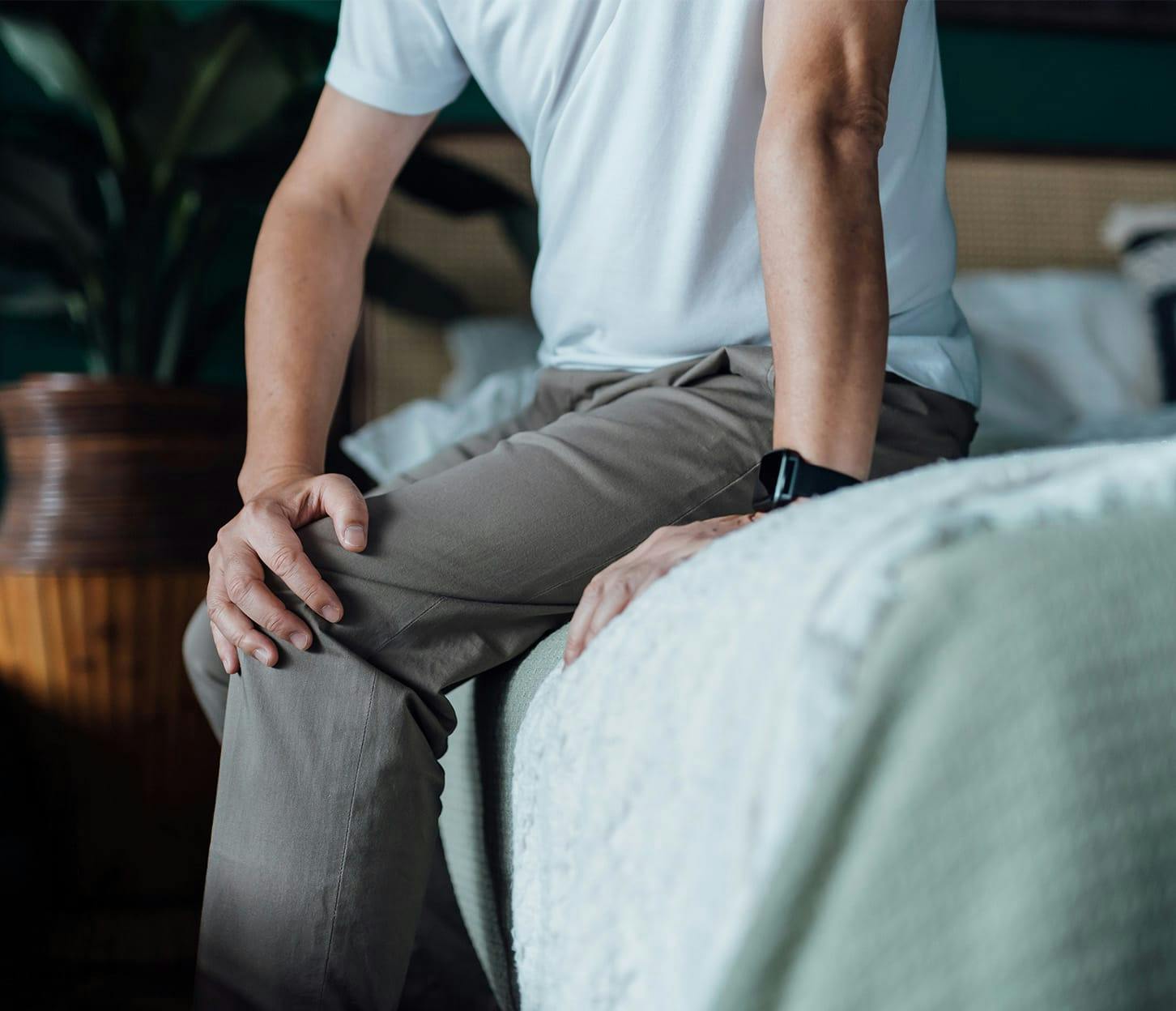Chronic wounds that fail to progress through the normal stages of healing are called non-healing wounds and can diminish a patient’s quality of life.
What Is a Non-Healing Wound?
A non-healing wound from Mohs surgery involves a surgical site that fails to heal properly after the procedure. Mohs surgery is often used to treat skin cancer by removing cancerous tissue while preserving as much healthy tissue as possible. While the procedure has a high success rate, in some cases, the wound may not heal as expected, leading to chronic pain, infection, or delayed recovery. Factors such as underlying health conditions, infection, or compromised blood flow can contribute to the wound’s inability to heal. In such cases, specialized treatment is required to promote healing and prevent further complications.






